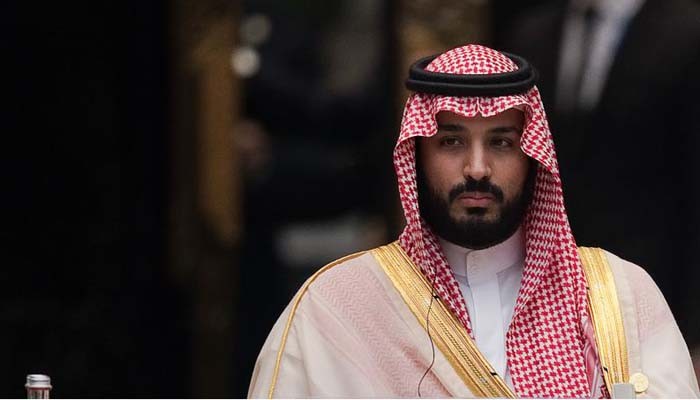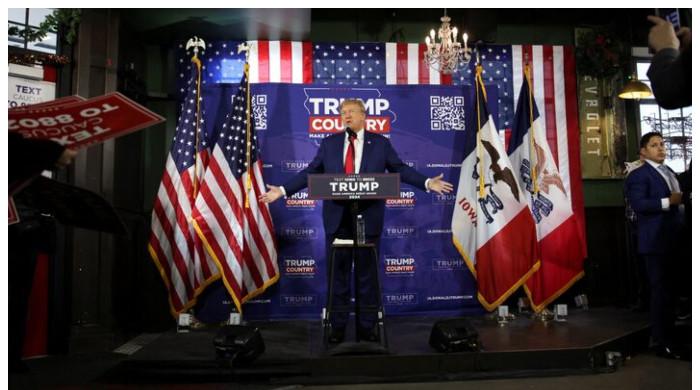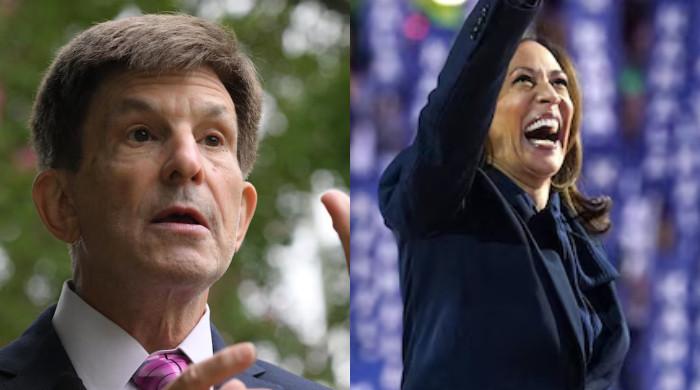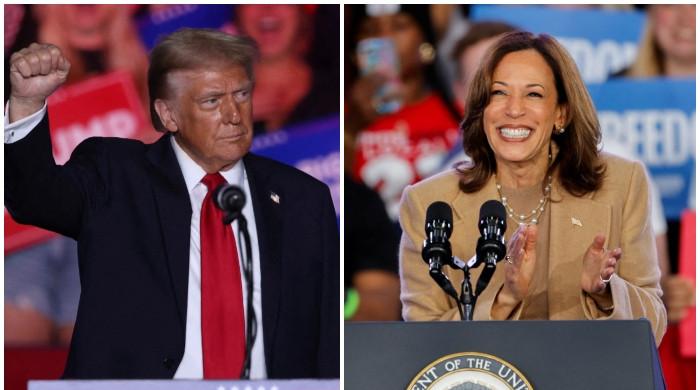Riyadh announces economic overhaul with $3.2 trillion investment plan
Announcement by Crown Prince Mohammed bin Salman underscores an effort to jumpstart domestic economy
March 31, 2021

- Twenty-four of the kingdom's biggest companies will lead the investment drive by contributing five trillion riyals over the next decade.
- Muhammad bin Salman says initiative will help boost economic growth, create hundreds of thousands of new jobs and strengthen private sector.
- The announcement comes after the crown prince said in January that the PIF would invest $40 billion annually in domestic economy.
RIYADH: Saudi Arabia announced plans on Tuesday to inject investments worth $3.2 trillion into the national economy by 2030 in a bid to diversify the oil-reliant kingdom's biggest companies.
The announcement by de facto ruler Crown Prince Mohammed bin Salman underscores an effort to jumpstart the domestic economy as the top crude exporter battles high youth unemployment and a coronavirus-triggered downturn.
"The total investment injected... into the national economy is expected to reach 12 trillion riyals ($3.2 trillion) by 2030," Prince Mohammed said in a speech carried by state television.
Read more: Saudi Arabia's flag carrier planning to buy 70 Airbus, Boeing jets
Twenty-four of the kingdom's biggest companies, including energy giant Aramco and petrochemical firm SABIC, will lead the investment drive by contributing five trillion riyals over the next decade, the crown prince told reporters later at a virtual briefing.
He said the companies, many of them listed, had agreed to lower their dividends and redirect the money into the domestic economy in exchange for incentives such as subsidies.
The Public Investment Fund (PIF), the kingdom's sovereign wealth fund, will provide three trillion riyals.
And the remaining four trillion riyals will come from a new "national investment strategy", which will soon be announced, Prince Mohammed said.
Read more: Oil falls as Saudi, Russian output rises
The initiative will help boost economic growth, create hundreds of thousands of new jobs and strengthen the private sector, he added.
'Grain of salt'
The programme is part of a mammoth 27 trillion-riyal ($7 trillion) investment plan over the next decade, which will include huge government spending to spur the domestic economy, the prince said.
It is designed to "promote the development and diversification of the national economy", the state-run SPA news agency said, adding that it will "strengthen cooperation between public and private sectors".
But the investment push should be "taken with a grain of salt", said Ellen Wald, president of Transversal Consulting and author of the book "Saudi Inc".
"It doesn't help grow the private sector to compel nominally private sector companies to invest in government programs at the expense of their shareholders or investment in their own endeavours," Wald told AFP.
Read more: Saudi sovereign fund to redevelop Jeddah waterfront in $4.8bn project
The announcement comes after the crown prince said in January that the PIF would invest $40 billion annually in the domestic economy over the next five years.
Saudi Arabia, an absolute monarchy, is pushing to boost job creation and revive businesses decimated by the pandemic.
Joblessness in the kingdom touched 14.9% in the third quarter of 2020, dipping slightly from an all-time high of 15.4% in the previous quarter, according to official data.
Read more: Saudi Aramco completes acquisition of 70% stake in SABIC for $69.1 billion
Last year, the twin shocks of the pandemic and a drop in oil prices prompted the petro-state to triple its value-added tax and suspend a monthly allowance to civil servants to rein in a ballooning budget deficit.
Saudi Arabia, the biggest Arab economy, has also been struggling to attract foreign investment, a key pillar of the crown prince's "Vision 2030" economic diversification plan to boost non-oil revenue.











